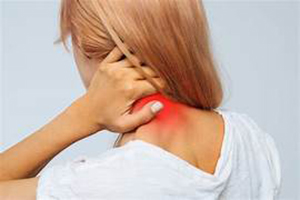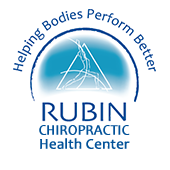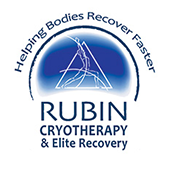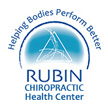 When bones, muscles, tendons, or cartilage exert too much pressure on a nerve, it can result in a pinched nerve. This injury can affect nerves throughout your body, but often impact the spinal nerves. Whether due to a sudden injury, overuse from repetitive motions, sports, or conditions such as rheumatoid arthritis, a pinched nerve can be painful and put a damper on daily activities.
When bones, muscles, tendons, or cartilage exert too much pressure on a nerve, it can result in a pinched nerve. This injury can affect nerves throughout your body, but often impact the spinal nerves. Whether due to a sudden injury, overuse from repetitive motions, sports, or conditions such as rheumatoid arthritis, a pinched nerve can be painful and put a damper on daily activities.
The Main Signs of a Pinched Nerve
The main signs of a pinched nerve include:
-
- Numbness or reduced sensation
- Tingling
- Pain that may radiate out from the nerve
- The sensation that an extremity has “fallen asleep”
- Muscle weakness in the area of the nerve
Treating a Pinched Nerve
If you have a pinched nerve, it is important to rest so that the nerve can heal. In addition to rest, there are multiple treatment options that may relieve pressure from the injured nerve to help relieve your symptoms and speed up the healing process. Some of these treatment options include:
-
Chiropractic care
Chiropractic treatment can relieve pressure on a pinched nerve by restoring alignment in the spine. By removing this pressure, chiropractic care can also promote the flow of oxygen and nutrients to the injured nerve, which facilitates the healing process.
-
Massage therapy
Massage therapy can help relieve pain and tension from a pinched nerve. Massaging the affected area increases circulation to the injured nerve so that it can heal more effectively. Plus, massage therapy provides powerful relaxation that will benefit your overall health.
-
Acupuncture
Acupuncture is a natural method of reducing pain and inflammation while promoting soft tissue healing, making it an effective technique for pinched nerve treatment. This time-tested method involves inserting filiform needles into proven acupuncture points on the body to relieve tension and speed up the body’s recovery process.
To learn more about pinched nerve treatment, schedule an appointment at the Rubin Health Center today.


